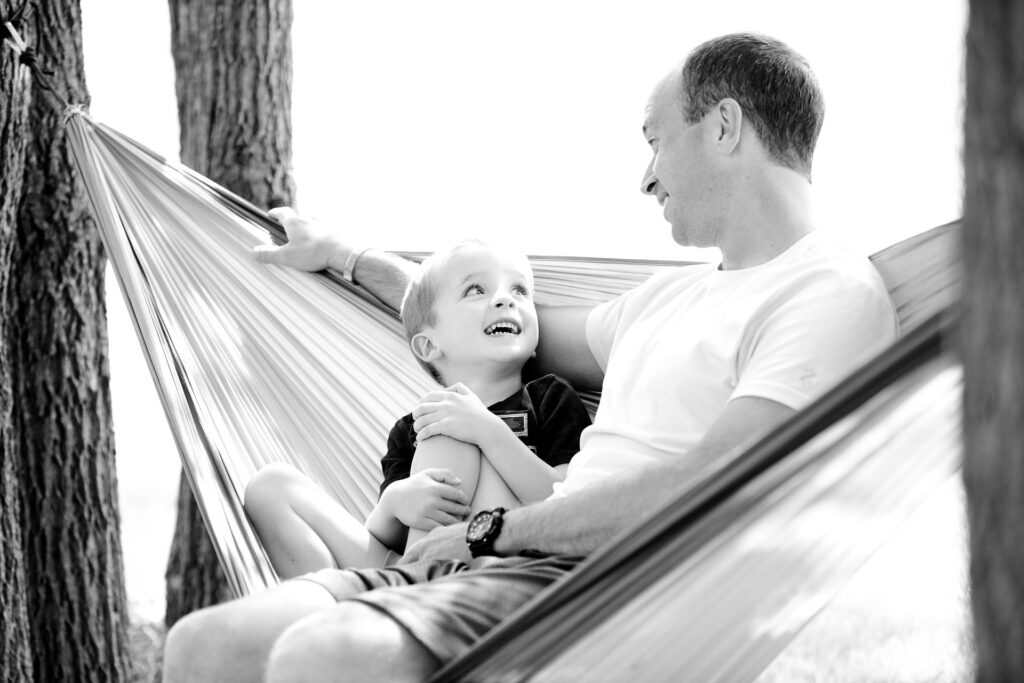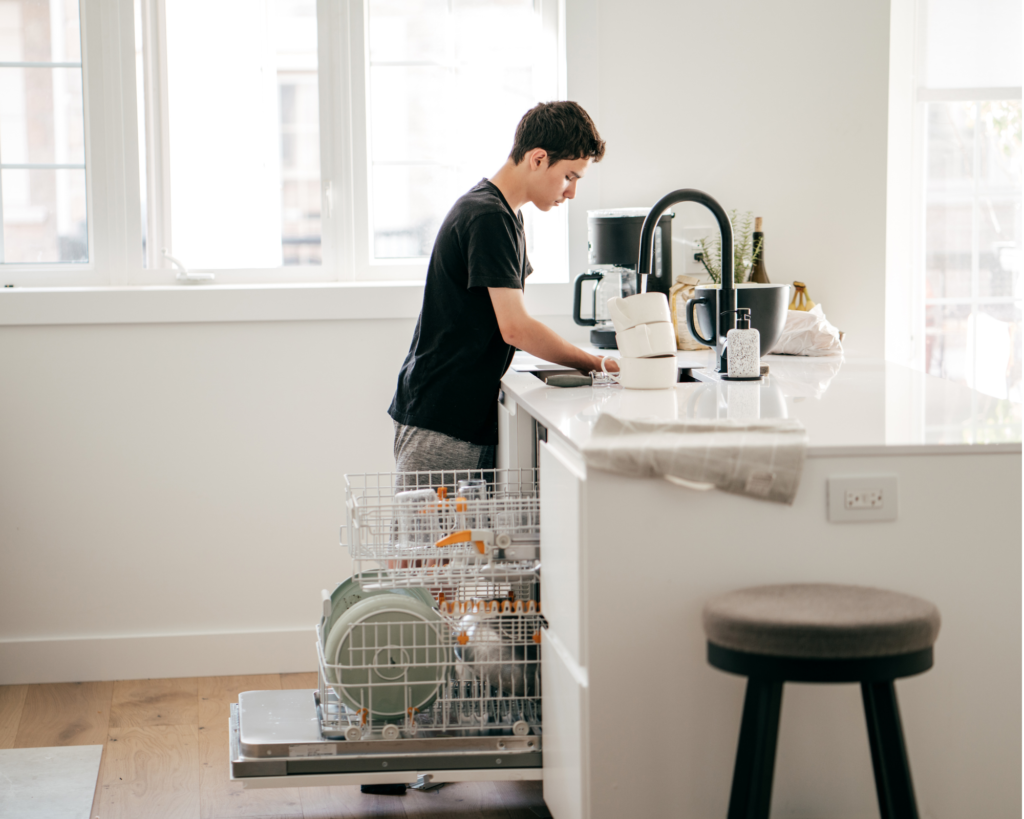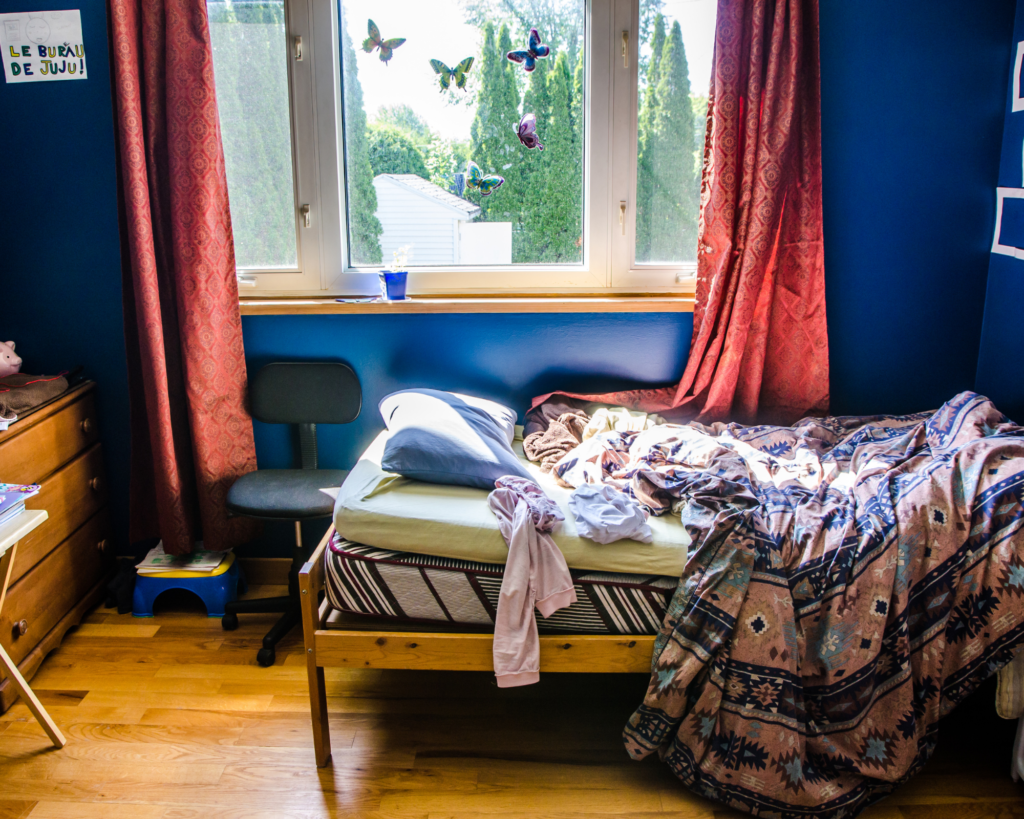4 Simple Questions To Help Kids Change Their Behaviour

Parenting in step-families is a whole other world. We don’t get to set the boundaries and expectations in isolation, very often kids are dealing with an entirely different set of rules and consequences in their other home. Holding kids accountable can be hard as they navigate switching from one set of rules to another.
It’s also not uncommon for children with two homes to exhibit some behavioural issues, add in a high conflict parenting situation, and kids can seem like they are out of control. Having parented my own 4 children, and made SO many, many mistakes, I came into step-parenting with a different understanding of what kids need. I had to readjust that when my step-children developed some severe behavioural issues. It was incredibly frustrating to work so hard on getting them to understand boundaries and learn how to navigate our house and then 2 weeks later begin again.
As I researched more around parental alienation and pathogenic parenting, I began to understand a lot of these behaviours are stress responses. Punishment is THE last thing these kids need. We looked at several different parenting strategies and gradually adopted something that worked in our complex situation.
These 4 questions will work whether you have children the majority of the time, or part of the time. When something goes awry, sit down with the child and go through these 4 questions. Getting the child to sit down with you calms the situation down. We aren’t looming over them, creating more stress and fear. It signals this is a time to connect and discuss.
What were you FEELING when you made that choice?
Notice the choice of the word feeling, rather than thinking. Children aren’t thinking when they do dumb stuff, they are all in their feels and so not rational or logical. Helping them identify what was going on for them can help them identify their triggers and stressors. It can be like pulling teeth, and a painful process for them. It’s ok not to expect an immediate answer. In fact, sitting them down and saying – ‘sit here and have a think about what you were feeling when that happened and let me know when you have an answer’ is a great way for them to sit with their feelings. The first time I did it with my step-son, he struggled so hard. He didn’t want to feel those feelings again, he gave me some random answers that I knew weren’t the truth. When he finally was able to dig deep enough, he had tears and explained he had been jealous. Even adults struggle to identify their feelings at times, and match them with their responses and behaviour. Teaching our children how to do this sets them up to navigate relationships later in life.
Please note – this isn’t sending kids to their rooms for a time out. I think it’s really important we don’t send kids away when they have made mistakes. Sit them down in a room where you are so that you can maintain eye contact and check in how they are doing with their figuring out.
The next question is:
What would you do next time to make a choice that works better for you? What would that look and feel like?
This question gets the child to analyse their role in the conflict or poor choice. What choice did they make? What would be a better choice?
Followed by:
What do you need from me to help you make that choice next time? How can I help you with that?
This sends the message that the child is not alone in this, they can ask for help.
The final question is
What can you do to try and fix what happened? What can you do to make it up to the person you hurt or the damage you caused?
The first time I asked this questions, I was blown away by the answer. The 9 year old came up with a solution I hadn’t even considered. It was entirely appropriate and really worked. He had stolen the candy his sister had earned doing chores. His solution was to do chores to earn candy and to give her the candy he earned to replace what he stole. I’ve never seen a kid so happy to do chores. He was so proud of himself, he felt empowered to be able to fix what he had broken.
Obviously this is not the entire strategy we employed to turn his behaviour around. It was combined with ‘catching him be good’ , a relentless campaign of telling him all of the good choices we noticed and how well he was doing. It works with all 3 very well.
When we’re on a road trip and they start niggling, I jump in with – Hey you kids have been amazing today! I’m so impressed with how well you’ve done, I know it’s boring sitting there. You’ve been so kind to each other, it’s so great to see. Hang in there, we’ll take a break soon’. Magically, the niggling will stop.
Reward the behaviour you want to see repeated.
If we notice positive behaviour and comment on it, the positive behaviour will be repeated as long as we keep commenting on it and rewarding the child with positive attention. If we consistently comment on negative behaviour, we are inadvertently rewarding the child with attention. They will repeat this behaviour as long as we keep giving them attention for it.
Recently we had our boy, who is on the spectrum and delayed, go through a phase of lying. Lying to us, to his mum. We tried so many different solutions. In the end I realised we were rewarding the wrong thing. I decided to start Operation Catch Him Being Good. I gently reminded him about the expectations he had missed on his first night. I spoke with him about being sorry about forgetting he needed more help to remember things. We talked about making better choices. He brought up the lying and said he would try not to lie but it was hard because he was used to lying all the time and the lies just came out. We made a deal – if he said he had lied as soon as he told a lie, it wouldn’t count. That seemed to take a huge weight off, we got through a whole week with no obvious lies. He was fit to burst with pride.
After 28 years of being a parent, the biggest lesson has been that kids respond to love and positive attention for more than punishment and being told off.






Responses